Ingrid León 1
Lizette Vila’s documentary
Paquito el de Cuba
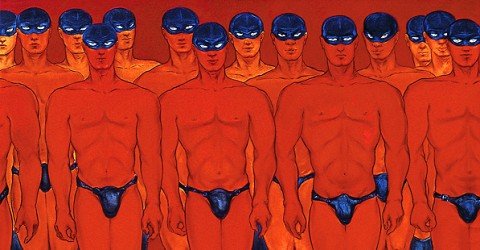
Lizette Vila’s documentary or Padres en plural
By Francisco Rodriguez Cruz
November 19, 2017.
Translated and edited by Walter Lippmann for CubaNews.
I’m not going to try to do a review or evaluation of Lizette Vila and Ingrid León’s documentary, because I’d be a judge and a party, and that would be very ugly. Even more so when I’m still under the impression of the apotheosis of the premiere that Soy papá had this Saturday, November 18th… anyway, in a Yara cinema at full capacity, which forced me to offer a double performance.
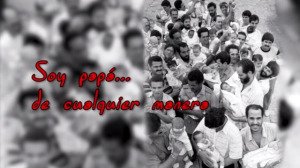 I just wanted to thank you for the gift, which was great, for my son, my partner and me, that we were able to enjoy it also among so many good and friendly people. I barely recover, though, from the shock of seeing my face – what a horror! – on the big screen.
I just wanted to thank you for the gift, which was great, for my son, my partner and me, that we were able to enjoy it also among so many good and friendly people. I barely recover, though, from the shock of seeing my face – what a horror! – on the big screen.
I also self-critically admit that I underestimated the impact of this bringing to life of the Palomas Project.
A little more than 30 minutes with the biographical shreds of a dozen or so men, I never thought they would attract so much kind and even overwhelming attention from a wide and diverse audience.
Personally, what I liked the most was to know the other stories of this choral interview – moving at times, sometimes hilarious, always authentic, by what they show, and even more, by what one can guess behind each testimony.
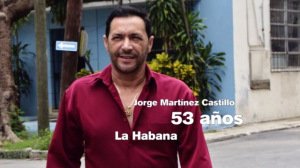 It was nice, but undeserved to be able to share the stage with such great parents at the end of the screening, and to receive with them, their families and my son Javier, the solidarity and affection that the audience lavished on us with an applause that I interpret as a recognition, not individual, but collective, for all the parents.
It was nice, but undeserved to be able to share the stage with such great parents at the end of the screening, and to receive with them, their families and my son Javier, the solidarity and affection that the audience lavished on us with an applause that I interpret as a recognition, not individual, but collective, for all the parents.
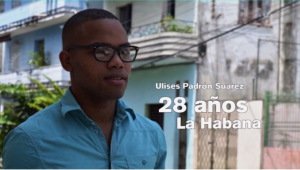
Because beyond the explicit purposes that link it with international campaigns and just social causes, this audiovisual is ultimately a claim to paternity, the best balance of which is not melodrama -which there is, there was no lack of it, we speak of Lizette Vila – but the natural force of a joy, accomplishment or pride that is difficult to explain, but easy to perceive even in her saddest or most heartbreaking stories.
Because, beyond the explicit purposes that link it with international campaigns and just social causes, this audiovisual is ultimately a claim to paternity. The best balance of this is not melodrama -which there is, there was no lack of it, we speak of Lizette Vila – but the natural force of a joy, accomplishment or pride that is difficult to explain, but easy to perceive even in her saddest or most heartbreaking stories.lk;
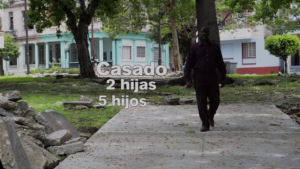
Omar Montalvo Chirino
Another great success was its projection on the eve of November 19, 2017, International Men’s Day, a celebration that has existed since the 1990s, but we rarely remember it.
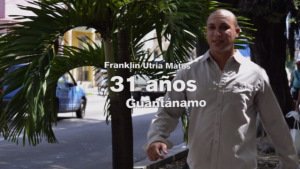
This makes it all the more valuable and timely to look at these Cuban parents – parents or biographers – who share different experiences from different ages, marital status, professions, territories; 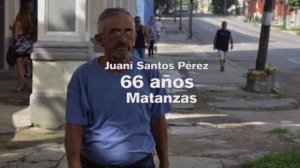
without forgetting variables such as sexual orientation and gender identity, as they include other male perspectives that the traditional notion of manhood usually tries to ignore, silence or at least diminish, disguise.
Another great success was its projection on the eve of 19 November 2017, International Men’s Day, a celebration that has existed since the 1990s, but we rarely remember it.
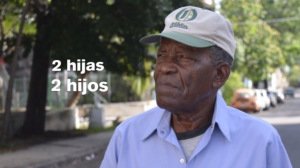
I am therefore pleased to be part of this thoughtful, disturbing and problematic tribute to the most intense and enriching human experience I know: being a father.Juan Nodarse Ramos
Thank you, Ingrid; thank you, Lizette.

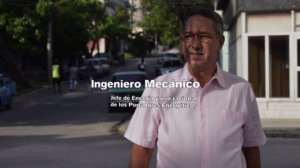
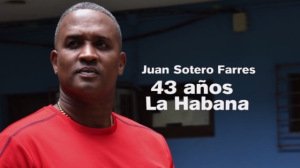
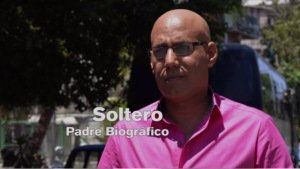
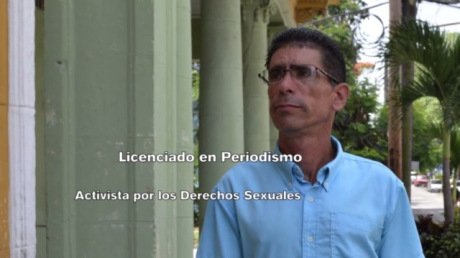
Subscribe to Blog via Email
| M | T | W | T | F | S | S |
|---|---|---|---|---|---|---|
| 1 | 2 | |||||
| 3 | 4 | 5 | 6 | 7 | 8 | 9 |
| 10 | 11 | 12 | 13 | 14 | 15 | 16 |
| 17 | 18 | 19 | 20 | 21 | 22 | 23 |
| 24 | 25 | 26 | 27 | 28 | 29 | 30 |
| 31 | ||||||

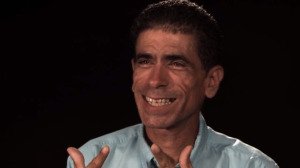
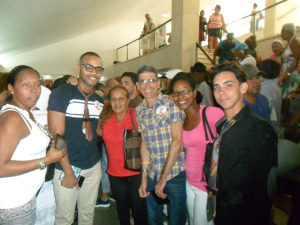
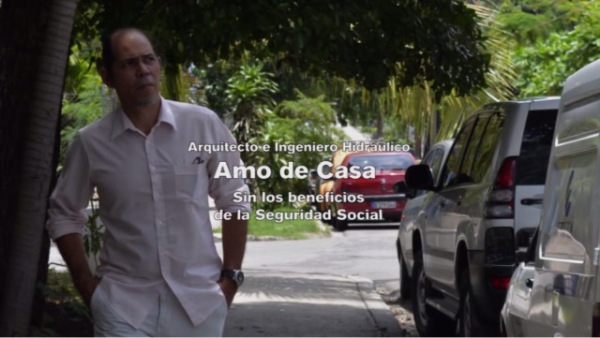
You must be logged in to post a comment.